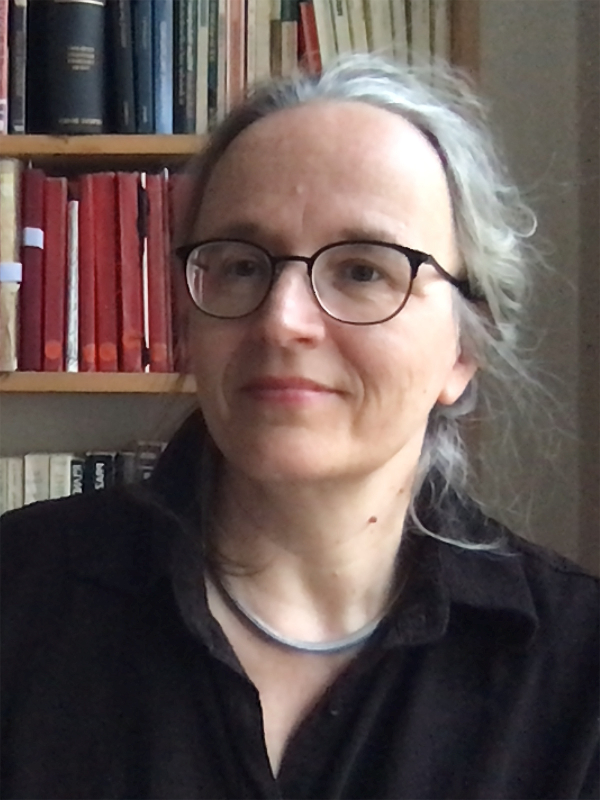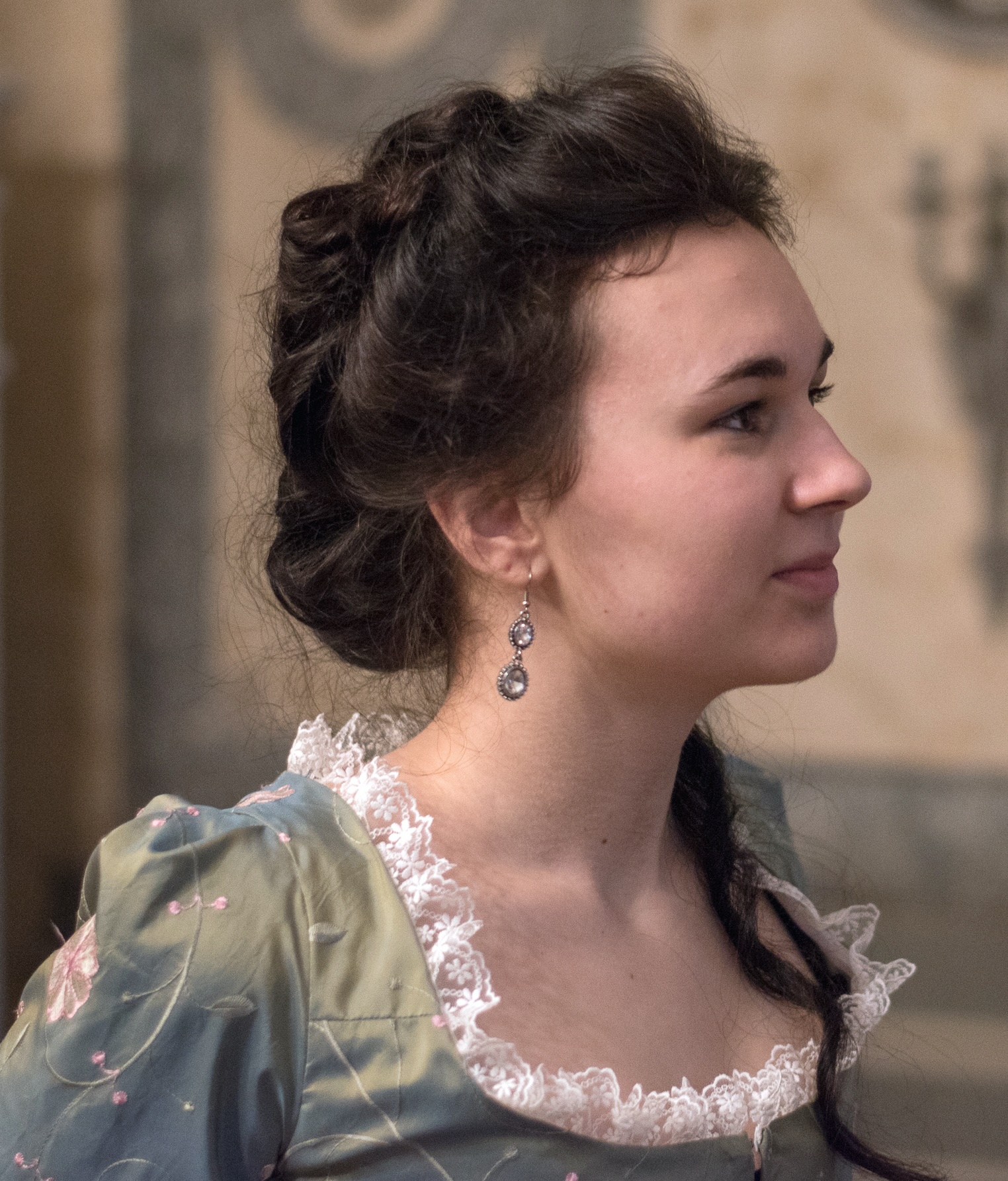The Project
"WordWeb" refers to the texts, names, phrases and ideas that are linked by our software.
As Ralph Waldo Emerson said: “All minds quote”. The metaphor "a sea of troubles" was used long before Hamlet: our database contains examples from Greek tragedy and Puritan sermons. The dramatic "bed trick", which involves substituting a friend for an unwilling bride on her wedding night, can be found in Boccaccio’s Decamerone as well as in plays by John Marston and Thomas Dekker. “To be or not to be” echoes Marcus Tullius Cicero’s ideas about death. The Roman statesman is not referenced as the author of these thoughts but he is mentioned in several Elizabethan plays as “Tully”. Our interest in phrases and names that recur in different texts is expressed in the word "idem", which is an acronym but also means "the same" in Latin.
"IDEM" stands for Intertextuality in Drama of the Early Modern Period.
The intertextual net which links literary texts was particularly dense in Elizabethan England. The London theatre scene around 1600 was very competitive and interactive, and we can trace rivalry as well as collaboration in quoted phrases. Shakespeare's "A horse, a horse, my kingdom for a horse" appears in at least ten other plays after Richard III. These recyclings include "a boat, a boat" and "a fool, a fool". Hamlet's philosophical "quintessence of dust" was satirized as "quintessence of ducks" by John Marston. Marston's own elaborate language was so striking that a character based on him is given an emetic in a comedy by Ben Jonson and starts vomiting obscure words!
reviving results of historical scholarship
We consulted hundreds of scholarly publications which point out intertextual quotations, sources and popular phrases or motifs in early modern plays. Our earliest source dates from 1744.
sorting and linking the complex data
The WordWeb-IDEM corpus extends beyond the cut-off of 1642 used in
resources such as the DEEP Database or Martin Wiggins' British Drama:
A Catalogue 1533-1642. Including entries written until 1688 enables
users to trace the afterlife of phrases and names across the gap of the closing of the theatres zttzgto the verge of Restoration
drama, early journalism and "novels" like The Female Gallant.
Authors range from Shakespeare and Ben Jonson to writers like Anthony Brewer or
William Sampson, who are now obscure but participated in the dramatic, public
web of words of their time. In addition, we also list the compilers of manuscript miscellanies or scrapbooks as authors. We treat the copying of verse lines into an album as an act of re-writing just as much as the quoting of these plays in a new text. Both re-writings add to the life of a lexia. Thanks to Beatrice Montedoro of DEx for prompting this clarification!
contextualizing results of electronic searches
The rich results of philological scholarship from the 19th and early 20th centuries are complemented by electronic searches in fulltext databases such as LION or EEBO.
making data available and accessible
Thousands of extracts from 16th- and 17th-century texts are available for fulltext searching as well as for browsing by author, title and quoted phrase ("lexias") and additional information such as date or genre.
Search results are made available as lists of text extracts. Pending further funding, a Beta version will offer visualizations of search results and data export into excel sheets.
The Team
We work at the DHLab and the Department of English of the University of Basel.


Dr. Regula Hohl Trillini
senior researcher
Editor of HyperHamlet (currently offline), to which she contributed over 6300 entries. Hugely enjoyed the opportunity to extend her research to Shakespeare's friends, rivals, followers and later fans. Continues to edit and expand the WordWeb corpus.

Vijeinath Tissaveerasingham
Developer
Co-designed the data model, engineered the WordWeb software, imported and cleaned data, continues to fix bugs.

Stefanie Heeg
Research assistant
Co-edited the corpus and researched more than 1000 new entries in 2019 and 2020.

Affiliated researchers
Short-term staff, research students and HyperHamlet fans
Much-appreciated data were contributed by
Elliot Reitzer (362 entries), Martin Danneck (108), Christian Gebhard
(72), Sixta Quassdorf (58), Mara Thomson (51), Maria Tranter (46),
Nickie Tryfona (45) and Beatrice Montedoro's 2020 class at Zurich
University (100).
Thank you!





Project History
The beta version launches in spring 2021. Regula Hohl Trillini presents the database at various conferences (see our Publications page).
2020
In February, a party celebrates the launch of the WordWeb-IDEM landing page just weeks before lockdown. We have fond memories of Regula's presentation "People, Plays and Phrases", of viewing Shakespeare in Love and enjoying a fabulous Sicilian finger buffet in a cosily crowded room...
From mid-March, work continues in home office. After careful user testing, the alpha version goes live in October and our concluding report to the SNF is approved in November. Also in autumn,Beatrice Montedoro teaches a class based on WordWeb-IDEM in her seminar on early modern plays in Zurich and Regula Hohl Trillini presents the database in Ina Habermann's survey lecture.
2019
Regula Hohl Trillini, the editor and instigator of WordWeb-IDEM, is joined by developer Vijeinath Tissaveerasingham and student assistants Stefanie Heeg and Elliot Reitzer.
2018
The Swiss National Science Foundation puts out a call for proposals titled "Digital Lives". Lukas Rosenthaler and Regula Hohl Trillini from Basel University's DHLab request funding for a resource which will map the later "lives" of phrases from the works of William Shakespeare. A more extensive Shakespeare quotation database had been a dream since work on HyperHamlet started in 2006. HyperHamlet stores almost 12'000 text passages which contain a phrase or a name from Shakespeare's most famous tragedy. While researching this material, we found a lot of "by-catch" in the shape of references to his other plays and to the works of his contemporaries. As the WordWeb-IDEM proposalhas been successful, this fascinating data will now find an online home.
Sister projects
In addition to our ongoing research, the WordWeb corpus is based on past philological studies and profits
from exchange with projects such as the following:
DEx - Dramatic Extracts Extracts
from seventeenth-century manuscript miscellanies
WWP – Women Writers Project
Texts
by pre-Victorian women writers
Theatre in Saint
Domingue
Eighteenth-century theatre tradition in the Caribbean
DEEP – Database of Early Modern Playbooks
The first print records of English theatre
HyperHamlet Hamlet
quotations and sources from Seneca to Twitter
Libraries and archives
Some of the more obscure texts which are part of the early modern web of words
could only be added to the our corpus thanks to the generosity and expertise library staff.
Thank you so much to...
Bodleian Library, Oxford (Special Collections at the Weston Library)
Universitätsbibliothek Basel
Individuals
Critical friends, students and colleagues have contributed entries,
shared information and continue to support us.
Thank you so much to...
Beatrice Montedoro
David Nicol
Martin Wiggins